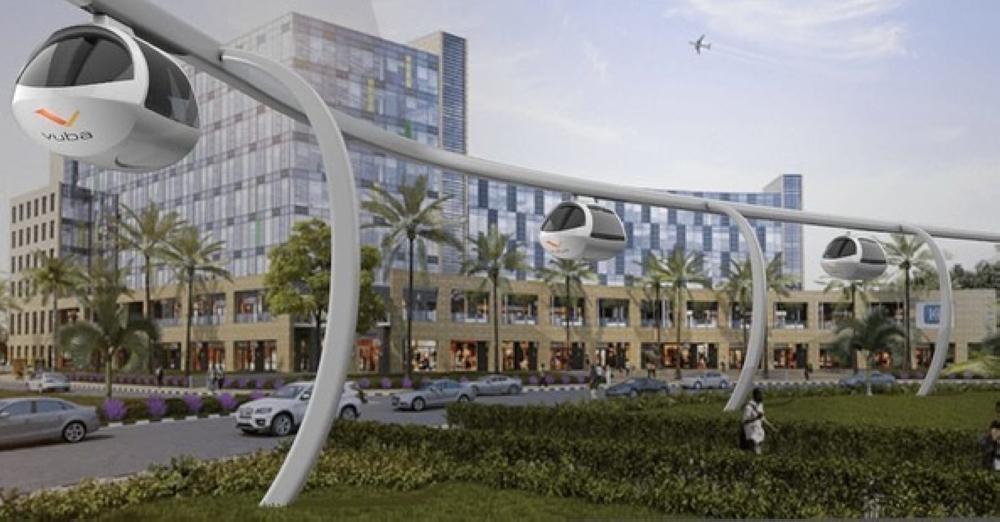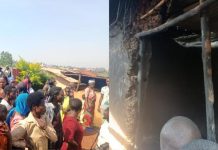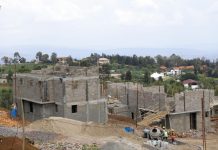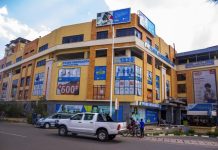Africa-Press – Rwanda. The African Development Bank (AfDB) on Wednesday, June 25, said it had finalised the approval of a $500,000 grant for a feasibility study on what is set to be the first phase of a proposed cable car transport network in Kigali.
The project, if realised, will deliver the first aerial urban transit system in Sub-Saharan Africa.
Ropeways Transit Rwanda are the brains behind the initiative.
Dubbed the Kigali Urban Cable Car Project, the project is valued at $100 million is a 5.5 km network that would, among others, ease the capital’s traffic congestion, reduce greenhouse gas emissions, as well as connect underserved communities to jobs and essential services.
“This transformative project aligns perfectly with the Bank’s vision for sustainable, green, climate-resilient urban mobility infrastructure. By financing Rwanda’s urban cable car system, we are investing in a scalable model of low-carbon, inclusive public transport that cities across Africa can emulate,” said African Development Bank Group President Akinwumi Adesina.
Adesina said the development aligned with the Bank’s 10-year strategy, which focuses on urbanisation, and the Alliance for Green Infrastructure in Africa (AGIA), a global partnership initiative driven by the African Development Bank Group, Africa50, and the African Union.
It is expected that the funds will be sourced from AfDB’s Urban and Municipal Development Fund, a trust fund that provides direct support to cities to mobilise funding and technical assistance.
The proposed design
According to the proposed design, Phase 1 will comprise two critical transit corridors, including one from Nyabugogo Taxi Park to the Central Business District (CBD) Hub, and another from Kigali Convention Centre to Kigali Sports City in Remera.
This will help connect public landmarks such as Amahoro Stadium, BK Arena, and the newly developed Zaria Court to communities.
It is expected that the feasibility study will position the project strategically, helping to attract international investment, including through platforms such as the Africa Investment Forum (AIF).
Construction is expected to begin in late 2026, with commissioning scheduled for 2028. Once complete, the cable car will convey over 50,000 passengers a day on a 15-minute end-to-end journey, integrating into the city’s existing transport infrastructure.
According to Imena Munyampenda, the Director General of Rwanda Transport Development Agency (RTDA), the project is expected to follow a Public-Private Partnership model.
He pointed out that the feasibility study plans to draw lessons from successful cable car systems in La Paz, Bolivia, and Singapore.
“This pioneering feasibility study is a game-changing milestone,” said Solomon Quaynor, the African Development Bank’s Vice President for Private Sector, Infrastructure, and Industrialization.
“Through the UMDF, AfDB is laying the foundation for an investment-ready green infrastructure asset that offers both impact and returns.”
According to AfDB, the $100 million funding structure will comprise a strategic mix of grants, concessional loans, blended finance, and technical assistance. The UMDF grant will fund an assessment of the project’s viability gap.
For More News And Analysis About Rwanda Follow Africa-Press






